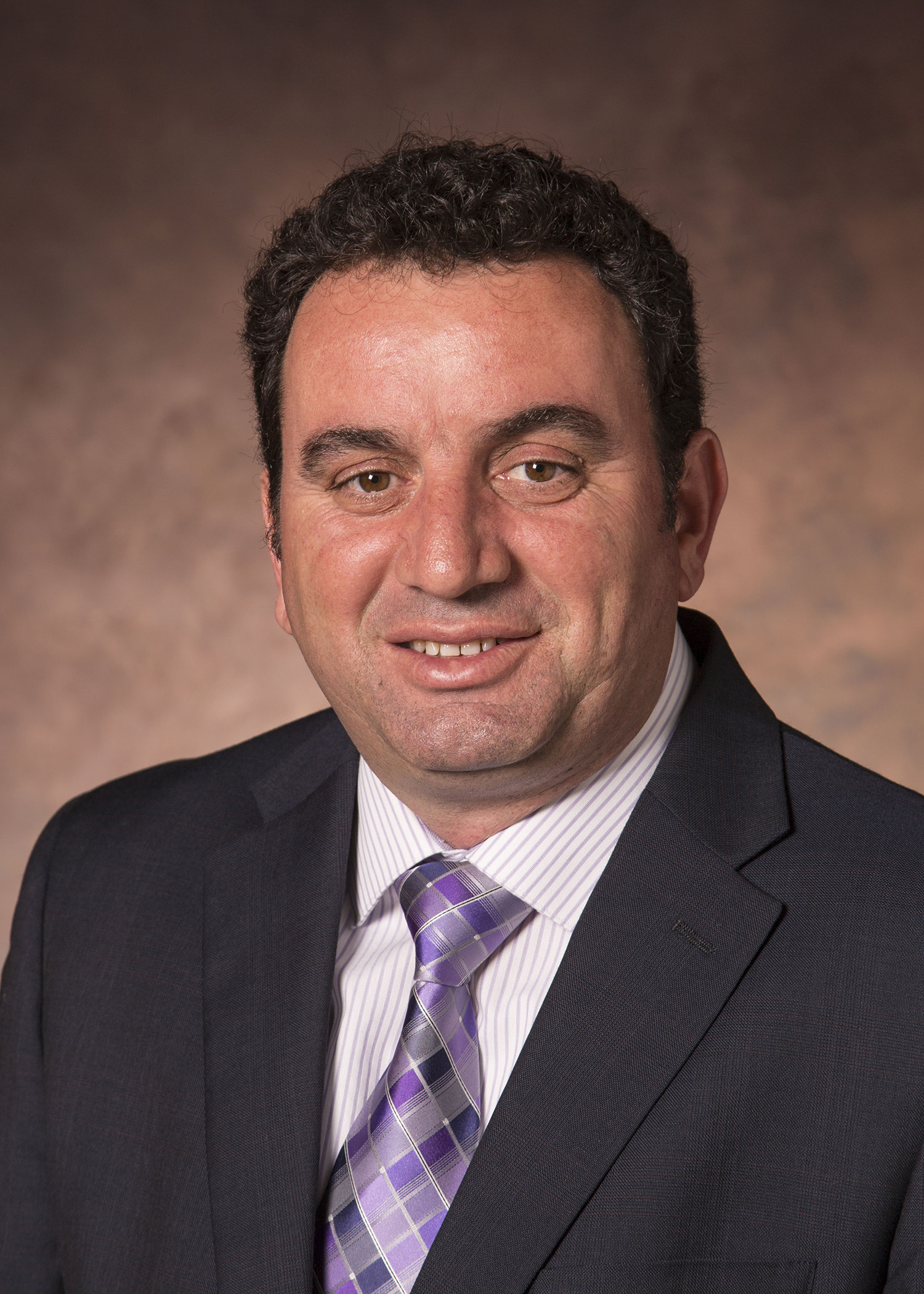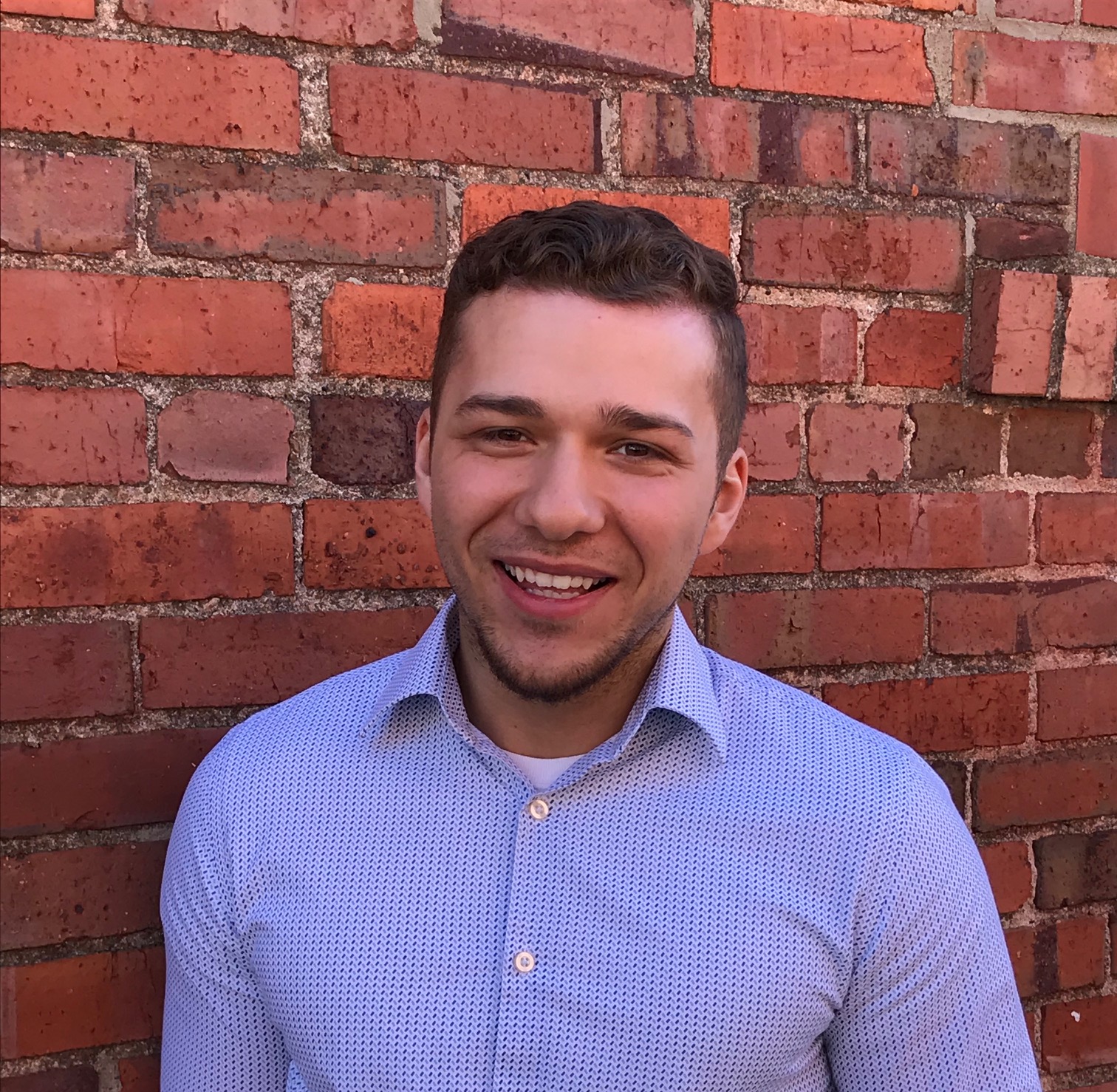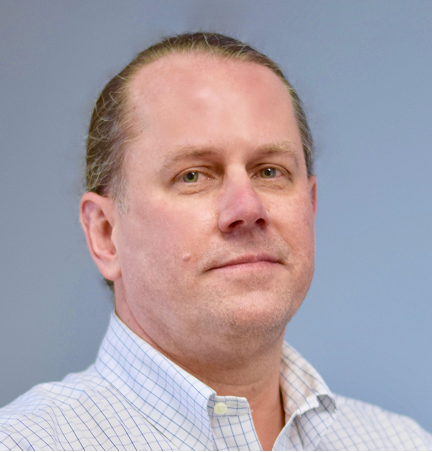Rayburn, Allison, PhD
Allison Rayburn, Ph.D., LMFT, MT-BC, earned her doctoral degree in Marriage and family therapy from the Florida State University. She accepted an assistant professor position in the Child and Family Development Program at the University of Central Missouri in 2018 teaching students in marriage and family therapy, human development and family science and child and family development. Her current research interests are trauma, addiction, and recovery support systems. Dr. Rayburn is a Licensed Marital and Family Therapist in the state of Missouri.
Presentation(s):
Family Recovery: Partnering with Families to Combat Opioid Use Disorders




